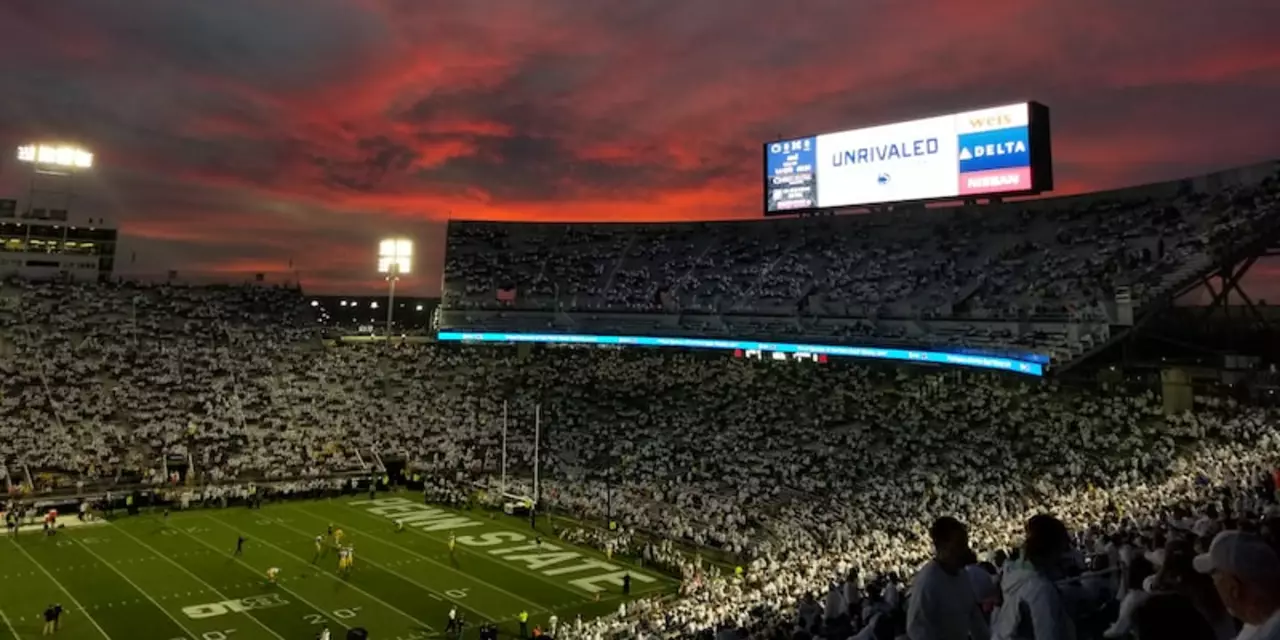Sports & Athletics: Can You Play College Football at 23?
Thinking about suiting up for a college football team at 23? It sounds unusual, but it’s not impossible. The NCAA has clear age limits, yet there are loopholes and waivers that let older students lace up. Let’s break down the rules, the common workarounds, and what you need to do to make it happen.
What the NCAA Says About Age
The NCAA says a student‑athlete must be enrolled full‑time and generally can’t compete after their fifth year of enrollment. Age itself isn’t the main barrier—eligibility is tied to the “five‑year clock” that starts when you first enroll full‑time after high school. Most players hit their prime at 18‑22, so by 23 many have already used up those years.
However, the clock can pause. If you took a gap year, served in the military, or faced a documented hardship, the NCAA may grant an extension. That extension can keep your eligibility alive even if you’re 23 or older.
How to Get a Waiver or Exception
First, talk to the compliance officer at the school you’re interested in. They’ll guide you through the waiver request, which usually needs a solid reason—like a medical issue, a family emergency, or a career break.
Next, gather proof. Medical records, military discharge papers, or a statement from an employer can help. The school submits the packet to the NCAA, and the committee reviews it. If they’re convinced, they’ll grant a waiver that restores your eligibility.
Another path is transferring from a junior college. Junior colleges have different eligibility timelines, and a successful transfer can give you fresh eligibility at a four‑year school, even if you’re 23.
Finally, keep your academic standing strong. The NCAA looks at GPA and progress toward a degree. If you’re behind, you’ll need to catch up before you can compete.
Bottom line: age alone doesn’t lock you out. It’s the mix of enrollment timing, academic progress, and any approved extensions that matters.
If you’re serious about playing, start early. Reach out to coaches, get your transcripts in order, and be ready to explain why you deserve a spot on the roster. Most programs appreciate someone with real life experience and a mature mindset.
So, can a 23‑year‑old play college football? Yes—if you navigate the NCAA’s eligibility rules and secure the right waiver. It takes paperwork, patience, and a clear plan, but the field is still open for those willing to work for it.

Can I play college football at the age of 23?
This article discusses the possibility of playing college football at the age of 23. Generally, NCAA rules stipulate that a student-athlete must be enrolled in a college or university and must be 24 years old to compete on the field. However, there are exceptions to this rule that allow 23-year-old students to play college football. These include graduating early from high school, transferring from a junior college, or taking a gap year. Additionally, the NCAA allows an athlete to petition for a waiver to compete at the age of 23 if they have special circumstances. Therefore, it is possible to play college football at the age of 23.
March 2 2023